
- Supreme Court
Recovery of Hammer from Public Place - Recovery of Blood Stain Clothes - CCTV Footage - Recovery of Ornament not Substantiated - Held Acquitted.
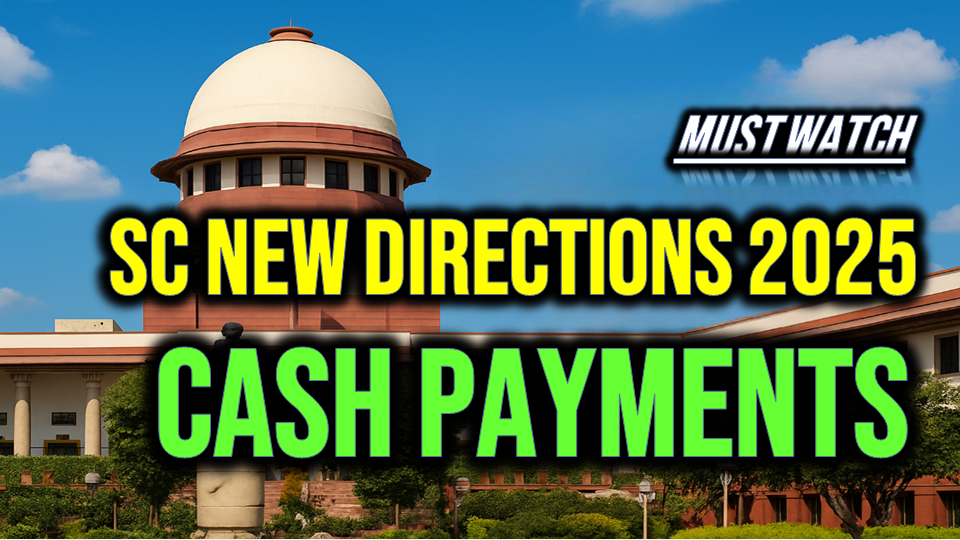
- Supreme Court of India
Directions issued for Cash Payment for Amount more than Rupees two Lakhs.
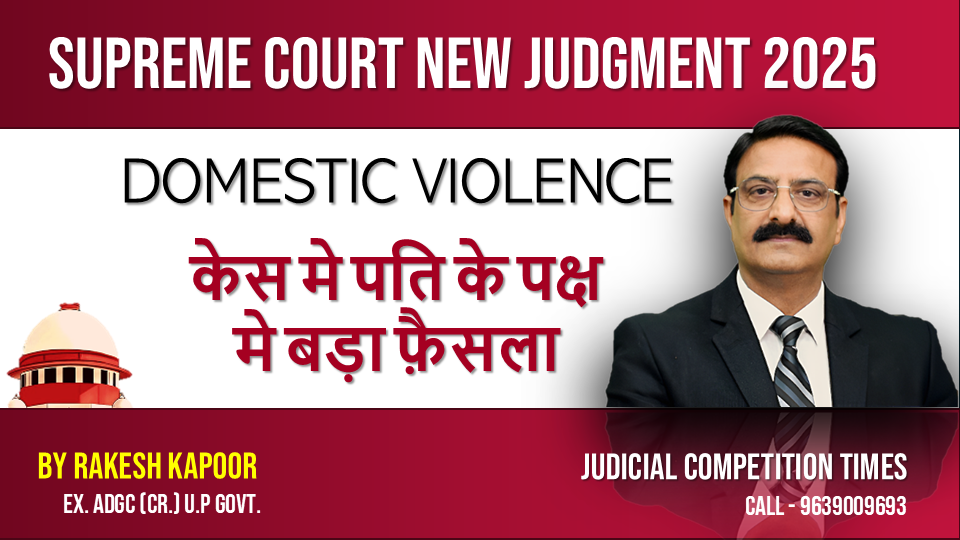
- Supreme Court of India
Domestic Violence Case against husband being quasi criminal case, so personal attendance of husband not mandatory. Impounded passport be released.
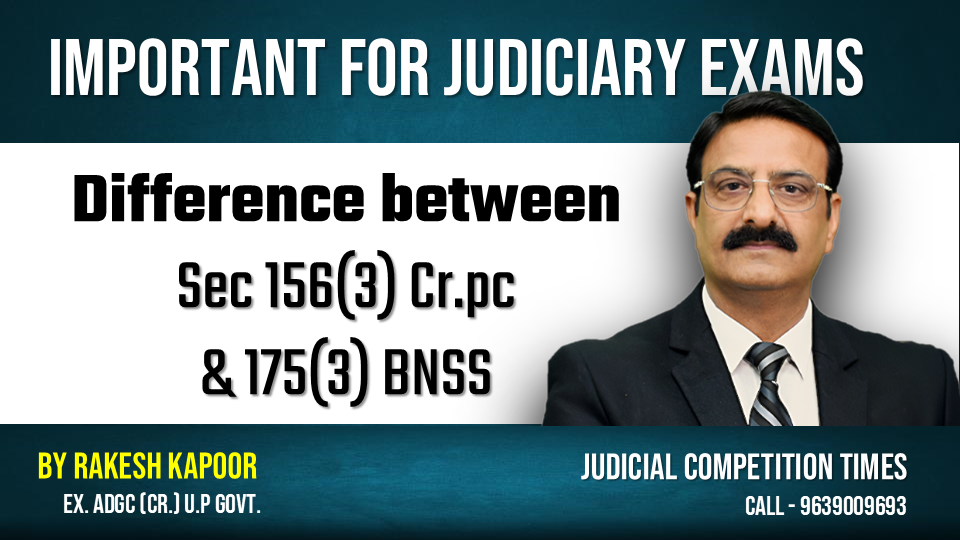
- Supreme Court of India
Difference Between Section 156(3) CrPC and Section 175(3) BNSS
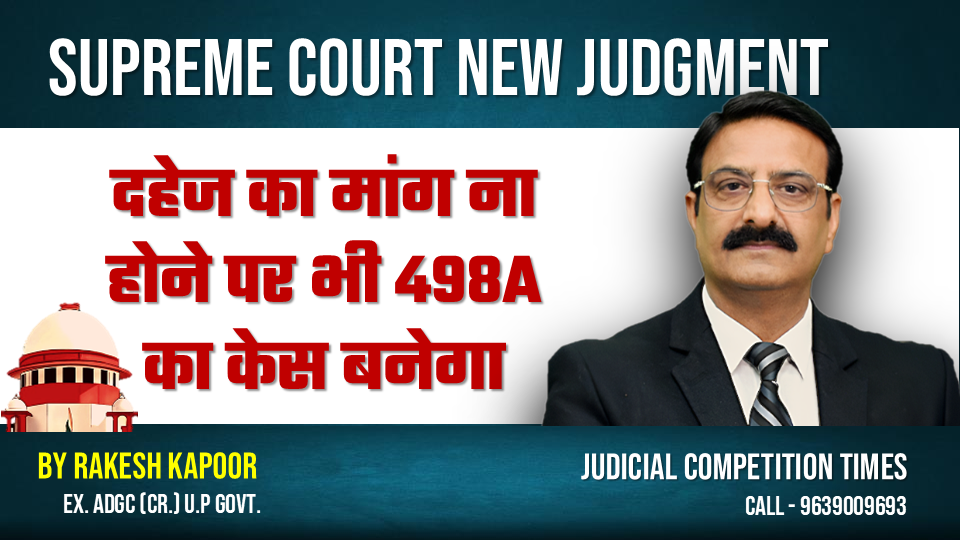
- SUPREME COURT OF INDIA
Accused can be held liable for Section 498A IPC, despite there is no demand of dowry and cruelty and harassment is proved.
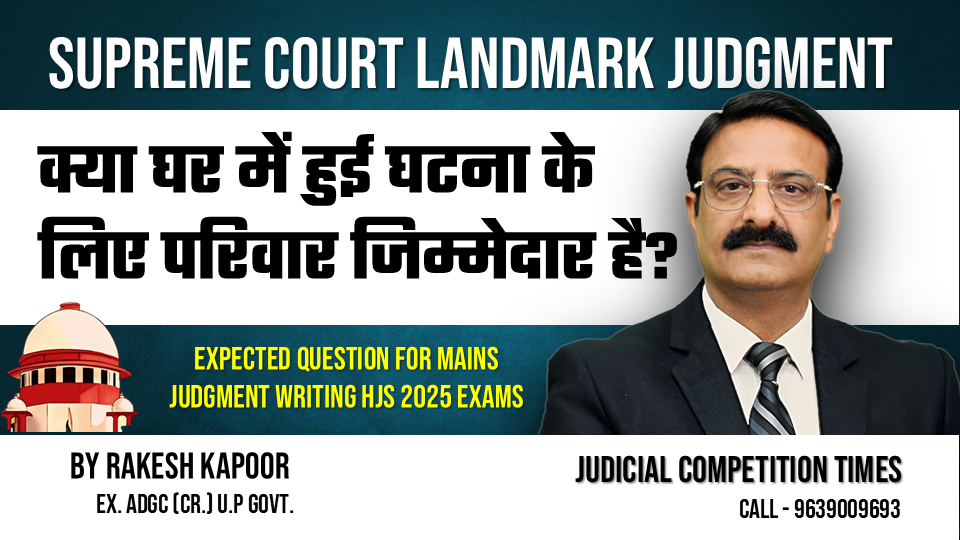
- SUPREME COURT OF INDIA
Section 34 IPC - Conviction of Accused is not proper just because accused was present on place of incidents.
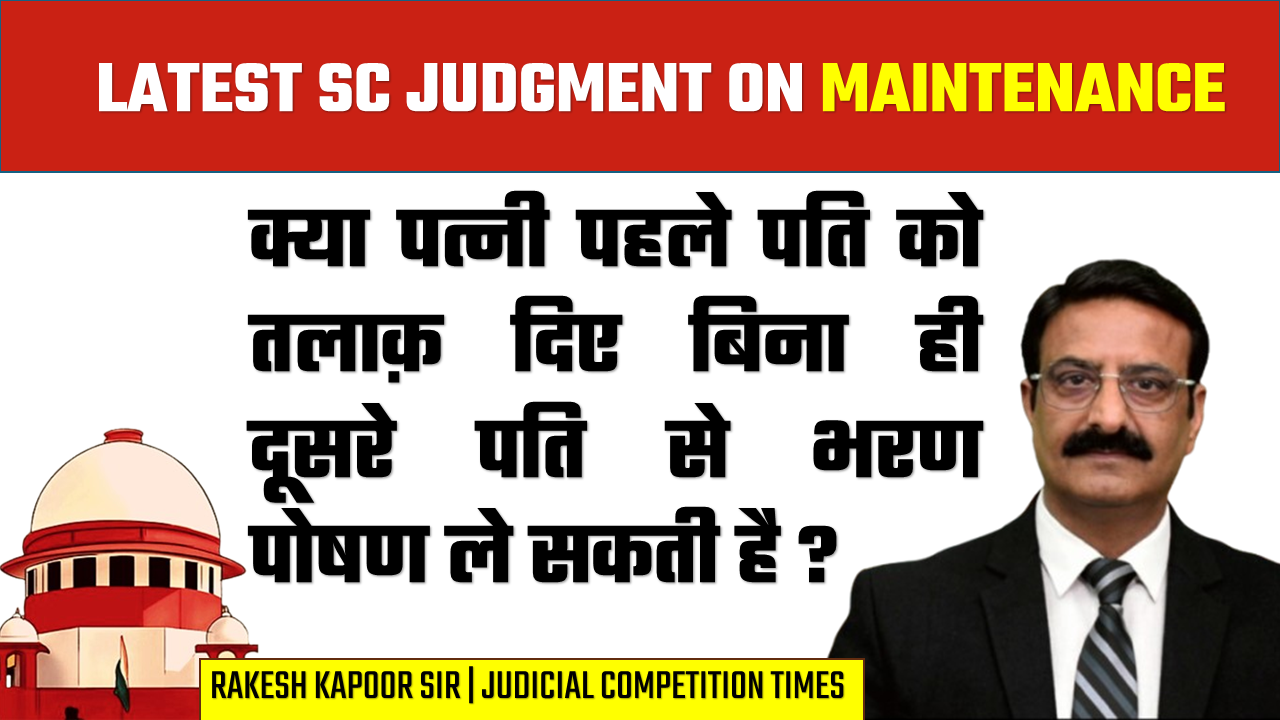
- SUPREME COURT OF INDIA
Whether wife can claim maintenance from second husband without giving divorce to first husband?
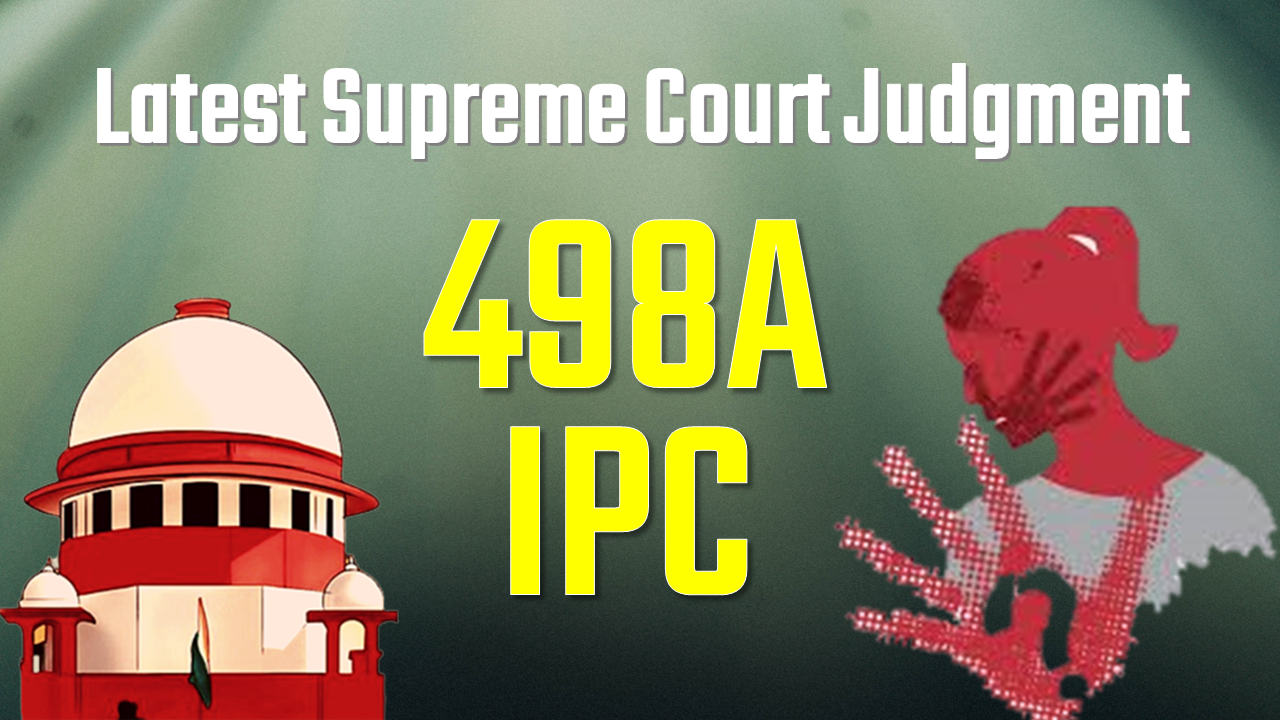
- Supreme Court of India
Every quarrel or conduct causing annoyance may not amount to the offence of "cruelty" Under Section 498A IPC
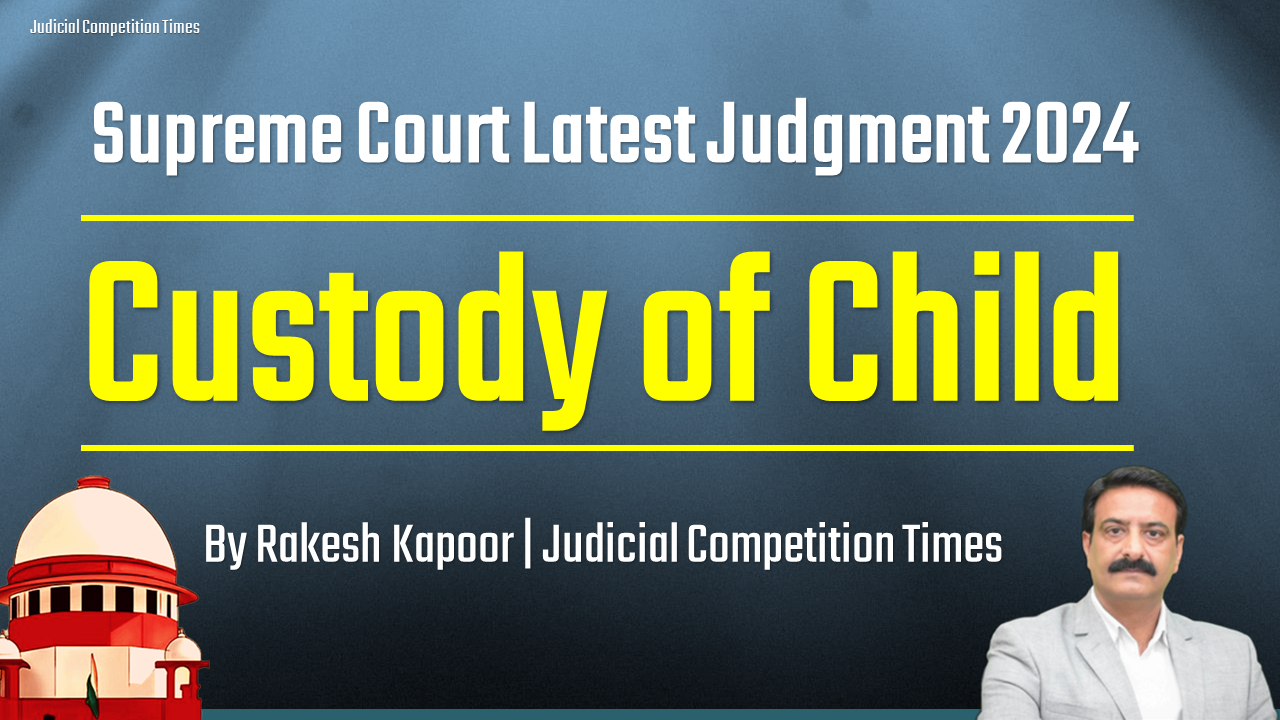
- Supreme Court of India
Personal Law cannot supersede Welfare of Child in Child Custody Case
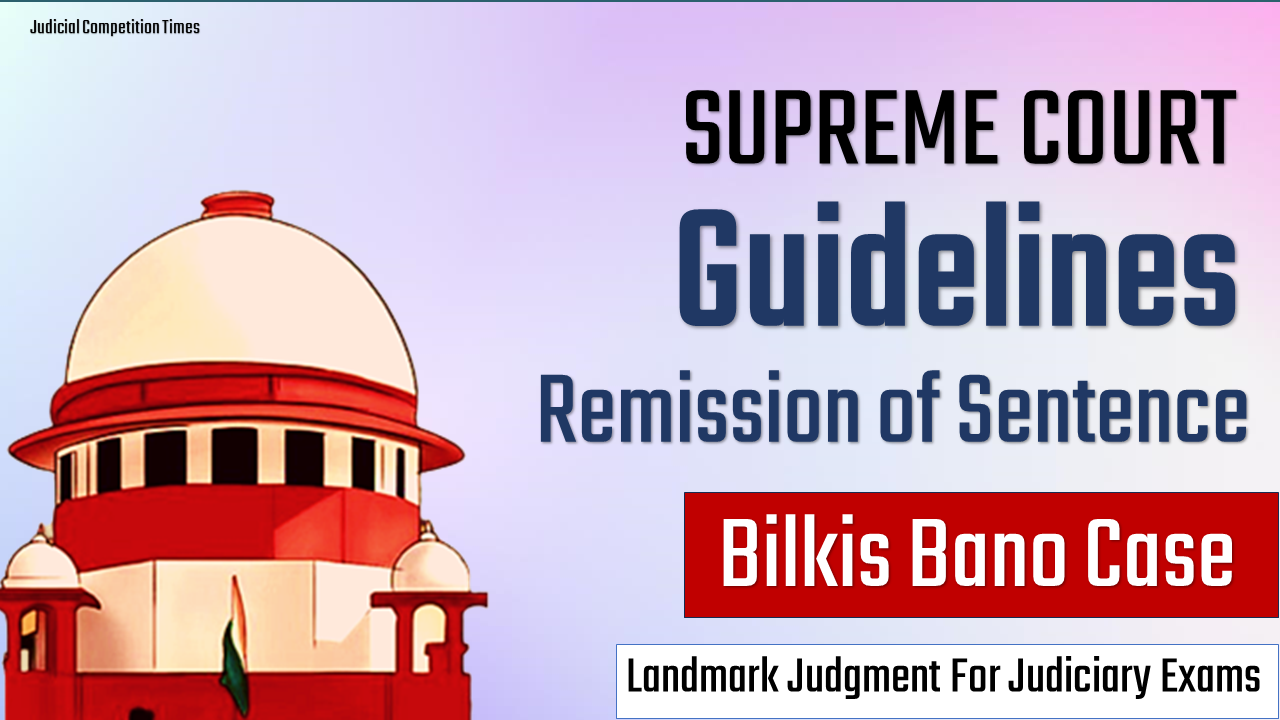
- Supreme Court of India
Supreme Court set aside the remission of 11 convicts in the Bilkis Bano case and issued detailed guidelines for consideration Remission of Sentences.
